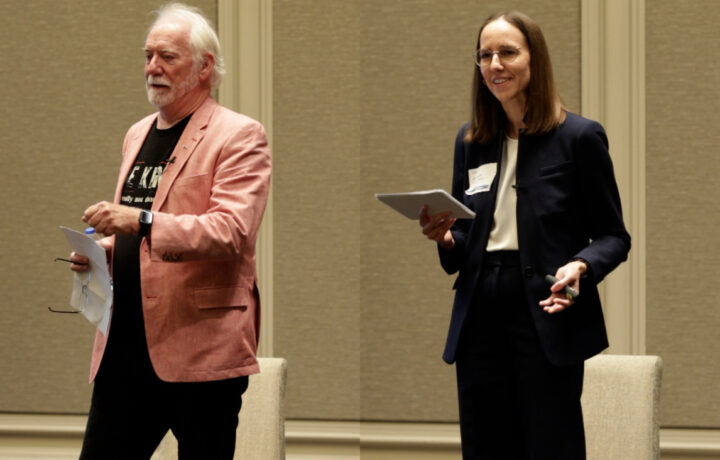Elisabeth Baker-Pham, a partner at KCNF law firm and a seasoned security clearance lawyer and Christopher Burgess, ClearanceJobs contributor, author and speaker on security strategy with 30+ years within the CIA , recently gave an update at ClearanceJobs Connect 2024.
They detailed the major updates to the Personnel Vetting Questionnaire (PVQ), which will eventually replace the Standard Form 86 (SF-86) and consolidate other vetting forms. While not yet implemented, the PVQ introduces significant changes that aim to simplify and clarify the vetting process for security clearance applicants.
Key updates include reduced lookback periods for most sections, narrowing the scope of inquiry to five years instead of seven or ten. For example, questions about drug use now differentiate between marijuana and other substances, reducing the lookback for marijuana to just 90 days. Similarly, the timeframe for alcohol counseling and financial delinquencies is reduced to five years.
Mental health-related questions, which applicants often find deeply personal, have also been streamlined. The PVQ removes some “ever” questions, like those about past hospitalizations or failure to take prescribed medications, focusing instead on the last five years. This change reflects an understanding of applicants’ reservations about disclosing deeply personal issues.
The discussion also highlighted insider threats as a significant concern for organizations handling sensitive information. Burgess emphasized the importance of whole-of-entity efforts to identify unusual behaviors and mitigate risks. Insider risk programs rely on collaboration across security, HR, and other departments to detect and respond to threats effectively. Vigilance and a culture of reporting anomalies are essential to safeguarding national security interests.
While the form aims to ease the burden on applicants and streamline the review process, the PVQ does not alter the adjudicative guidelines. As Baker-Pham emphasized, how this information is adjudicated remains to be seen. The PVQ’s rollout, initially slated for mid-2023, has been delayed and is now expected within the next 18 months.
These changes represent a shift toward a more applicant-friendly approach while maintaining rigorous national security standards. Watch the full conversation in the video above.




